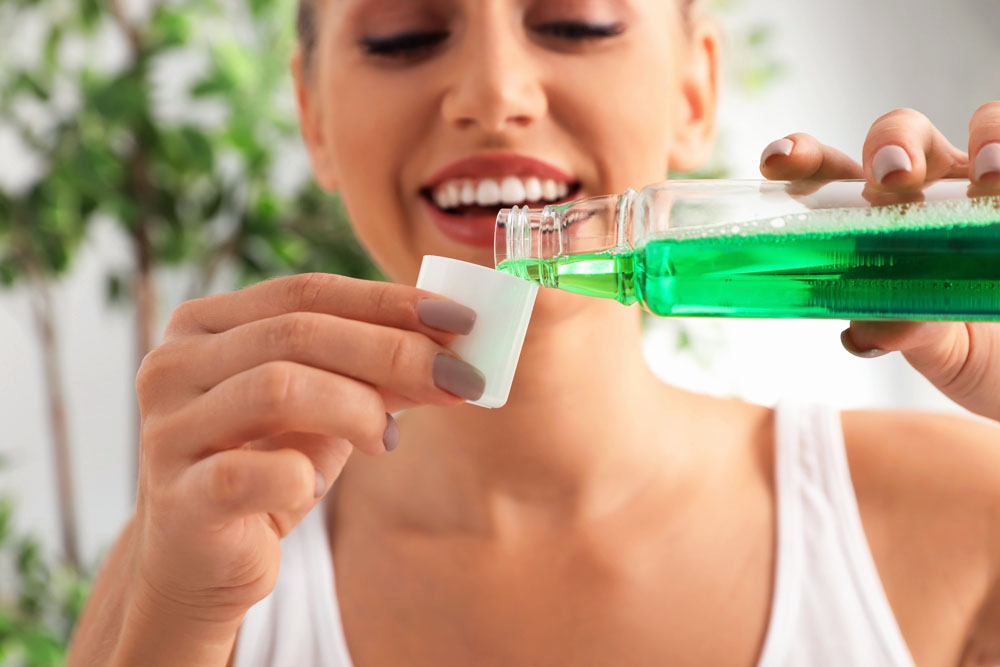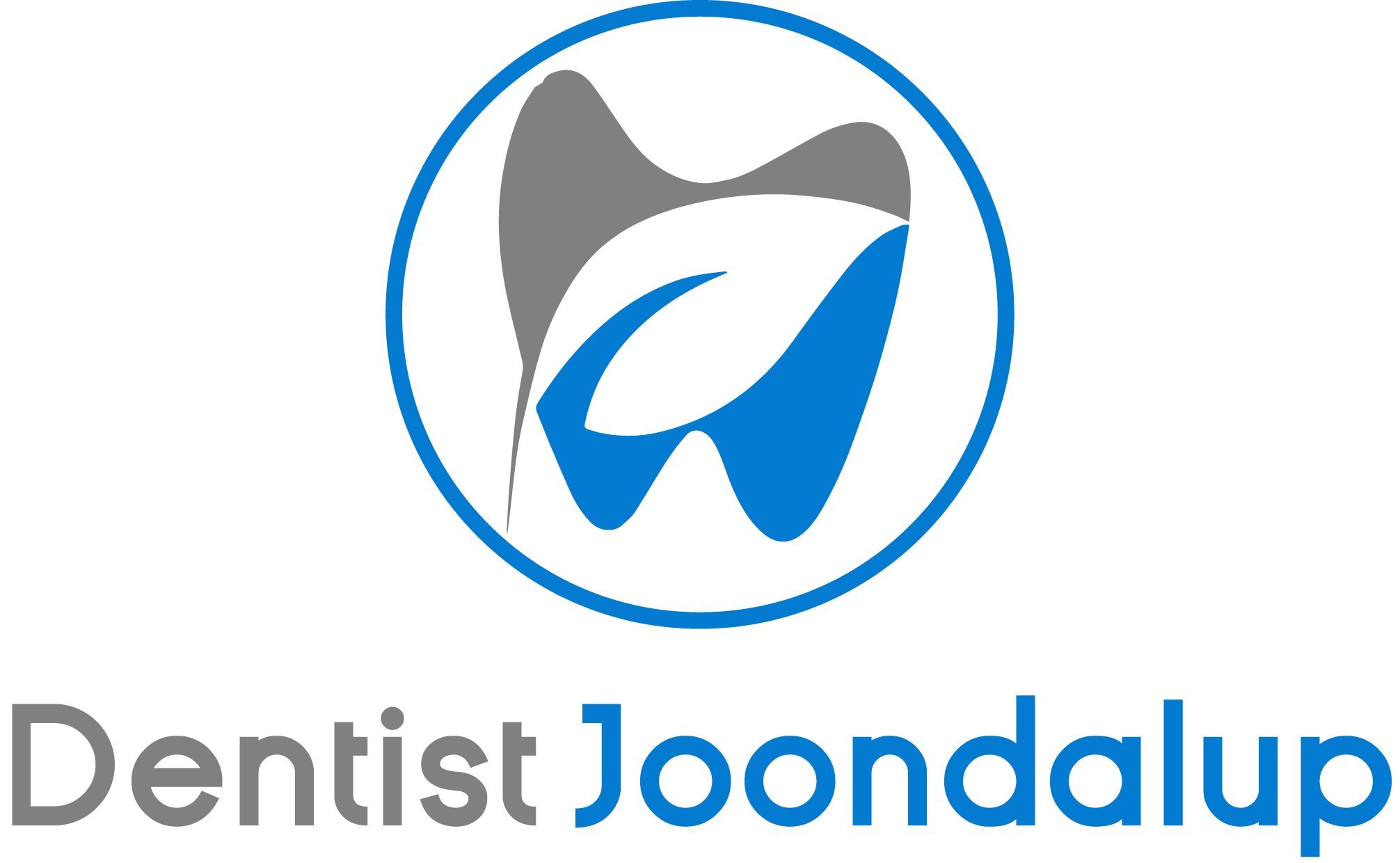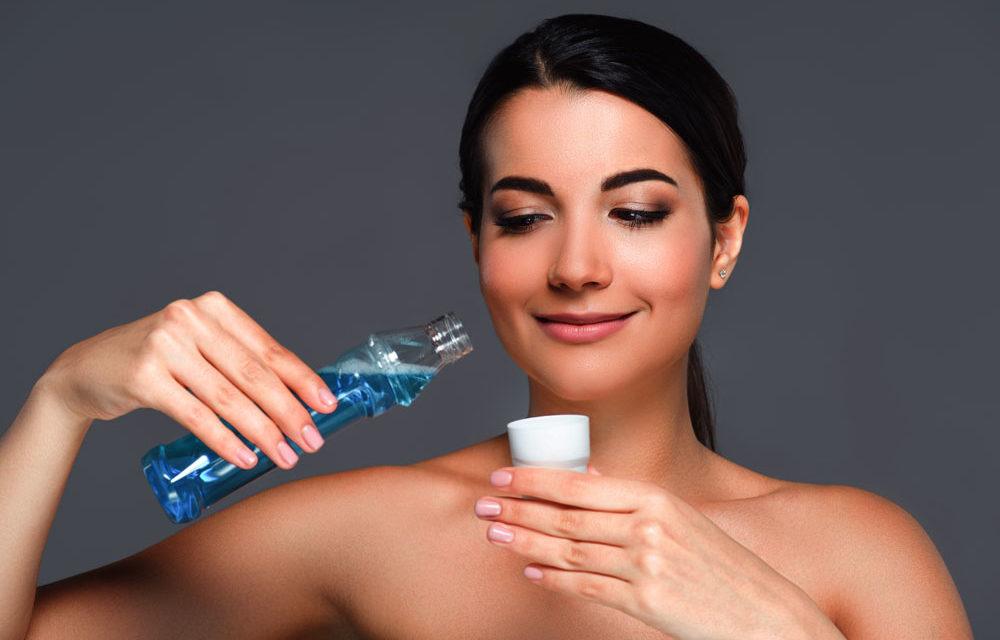You’ve seen commercials about mouthwash and how they seemingly make your breath fresher, your teeth whiter, and your oral hygiene better. This magical green potion promises a lot to eliminate your bad breath problems, but the question is, does it live up to its claims? Many people use mouthwash as part of their daily oral care and consider them a very important product at home.
The problem is that not all mouthwashes are created equal. In some cases, they may even do you more harm than good. In this article, we’ll be discussing everything you need to know about mouthwash and find out if it fits within your oral care routine.

What mouthwash does to your mouth
There are several issues associated with mouthwash and how it can affect your mouth. Here are the effects of mouthwash and how it impacts your oral health:
1. It kill the good bacteria in your mouth
Most mouthwashes contain chemicals like alcohol, triclosan, chlorhexidine, and peroxide which are all powerful bacteria-killing solutions. Essentially, mouthwash acts like an unnecessary antibiotic that kills all of the bacteria in your mouth, including the good ones that are responsible for supporting your oral microbiome. Without these bacteria, your risk of halitosis (bad breath), gingivitis, and cavities, are increased.
Some healthy bacteria found in probiotics can actually fight off oral diseases like periodontal disease, oral candida, and even dental caries. You need good bacteria in your mouth to maintain your oral health and using a mouthwash won’t help you in that regard.
2. It worsens your bad breath
In general, mouthwashes are viewed as a solution to fighting bad breath. But don’t let the minty flavor fool you, as mouthwash only exacerbates bad breath even further. The alcohol content in mouthwash dries out your mouth, inadvertently robbing you of the saliva and good bacteria you need to fight halitosis. You might think that your breath smells fresh after a quick rinse, but the effect is only short-lived once your mouth dries up.
3. It may be linked to oral cancer
While further research is needed to fully solidify the claims, mouthwash have been linked to oral cancer. It’s been an ongoing debate since the 1970’s and the scientists believe that oral cancer risk is greater in people who use mouthwash to cover up the bad odour they get from smoking cigarettes.
4. It can cause canker sores
Part of the reason why mouthwash stings when you use it is because of its ingredients. Menthol, thymol, methyl salicylate, and eucalyptol are mildly irritating to the skin and can even cause canker sores if the alcohol content is high enough. That’s why you get that stinging sensation because alcohol burns your mouth tissue. Couple that with the drying effect that mouthwash provides, and your canker sores are bound to get worse over time.
5. It can cause more cavities
Killing 99% of bacteria may sound like a good thing, but for your mouth? Not so much. As we’ve previously mentioned, mouthwash wreaks havoc in your mouth’s oral microbiome (which helps with the natural remineralization of your teeth). Eliminating all of the bacteria in your mouth prevents your teeth from getting remineralized, thus making them more susceptible to cavities.
Saliva also repairs your teeth by introducing minerals like magnesium, phosphorus, and vitamin K2. Without it, your teeth become weaker and it is much easier for bad bacteria to eat them away.
Alternatives to mouthwash
There are alternatives to mouthwash that work better than what you see on commercials. Here are some options for you to choose from:
- Natural mouthwash – As the name implies, a natural mouthwash is made of natural ingredients, most of which are essential oils like coconut oil, tea tree oil, spearmint oil, and more. These types of mouthwashes help balance the oral microbiome in your mouth and can even soothe canker sores and sore gums.
- Alcohol-free mouthwash – These types of washes contain zero alcohol which means a sting-free rinse and less chances of your mouth drying. Alcohol-free mouthwashes contain an active ingredient called cetylpyridinium chloride (CPC) which helps reduce plaque buildup and prevent gingivitis.
- Saltwater rinse – While a saltwater rinse doesn’t sound like a modern oral care practice, it does do wonders for your oral health. It temporarily raises the pH balance of your mouth, creating an alkaline environment that makes it difficult for bad bacteria to survive. You can heal mouth sores, sore gums, and even use it as a healing agent after you’ve had tooth extraction or other dental procedures.
At the end of the day, a mouthwash is only meant to supplement your oral care routine. What’s more important is that you brush your teeth properly, use dental floss in between meals, and brush your teeth twice a day to maintain your oral health. Use this information to determine which mouthwash best suits your oral care routine. Alternatively, contact your local expert dentist in Joondalup for more information.

